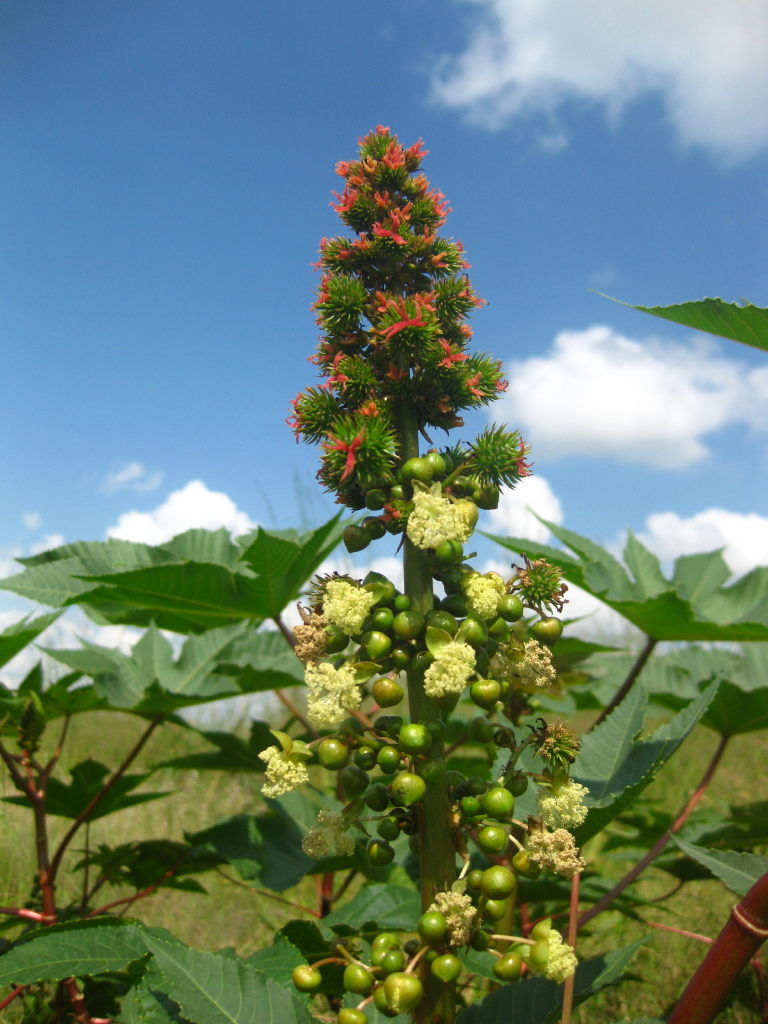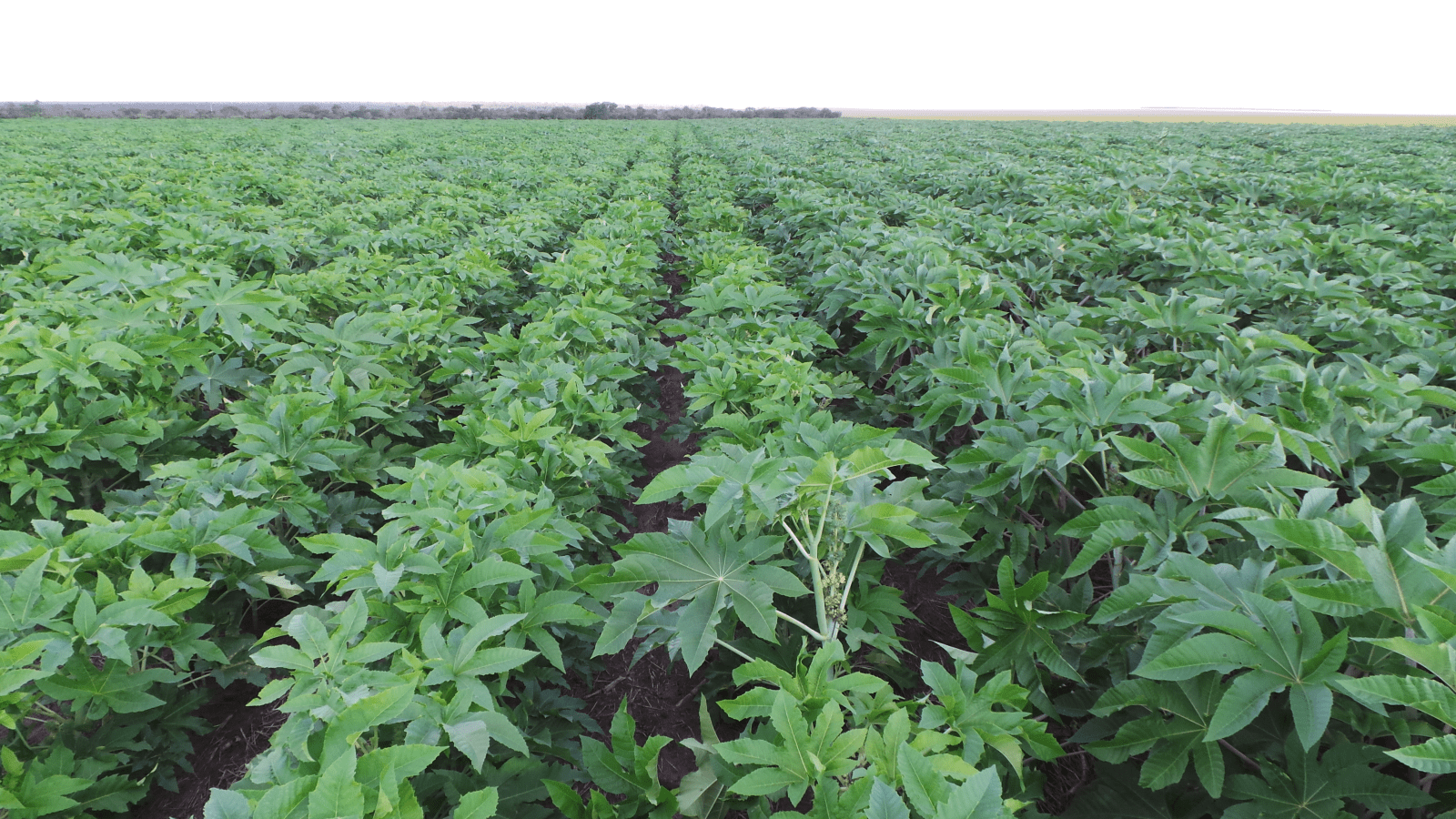Castor Oil: A Sustainable Solution for Textiles
Jon Cojin
The castor plant, which is also known as Ricinus communis, is native to tropical regions of Africa and Asia but is now grown worldwide. In recent years, castor oil has grown in popularity as a sustainable solution for the textile industry, in particular through functional finishes.


Castor seed oil is highly functional and can provide various performance features, such as wicking, drying, softness, and odor control.
One of the unique aspects of the castor plant is that it is a crop that is highly adaptable, resilient, and can grow in a wide range of conditions, from arid to humid environments. Castor plants also require minimal inputs while having a high yield, making it an ideal crop for regions with limited water resources, marginal lands, and experiencing climate change. Additionally, castor plants require minimal inputs, such as fertilizers and pesticides, making them a sustainable crop that can help reduce the environmental impact of farming.

Castor oil is unique in that it is composed mainly of ricinoleic acid, a fatty acid that is not found in many other vegetable oils. Ricinoleic acid is a viscous, water-soluble substance that has many functional properties. It is used in a variety of industrial applications, including as a lubricant, plasticizer, and surfactant.
In the textile industry, ricinoleic acid has become increasingly popular for its use in functional finishes. These finishes are applied to textiles to enhance their performance, such as improving moisture management, quick drying, odor control, and fabric handle properties. Castor seed oil-based finishes are highly sustainable and biodegradable, making them an eco-friendly solution for the textile industry.
Castor oil is a unique and sustainable solution, its high ricinoleic acid content provides many functional benefits, while its sustainable cultivation and biodegradability make it an eco-friendly choice. As the textile industry continues to focus on sustainability, castor oil-based functional finishes are sure to become an increasingly popular choice for textile manufacturers.
Related Articles
Related
A Year of Growth and the Road Ahead
We wish everyone a wonderful holiday season and end to this year. 2025 marked measurable progress for AGS as our portfolio of plant-based technologies continued to expand while we also gained new partners, customers, and category adoptions.
Turning Strategy Into Action
In today’s textile industry, success requires more than a good idea—it demands execution, agility, and alignment across every stage of the value chain. That’s where AGS consulting comes in. We offer tailored, real-world support that connects strategy with action,...
Raising The Standard For Moisture Management
With consumers demanding functionality throughout their daily wardrobe, the need to deliver reliable moisture management performance has quickly become a necessity for textiles. Most wicking finishes quietly tap out when faced with a challenge. BIOPURE MM1 (Ultra...
